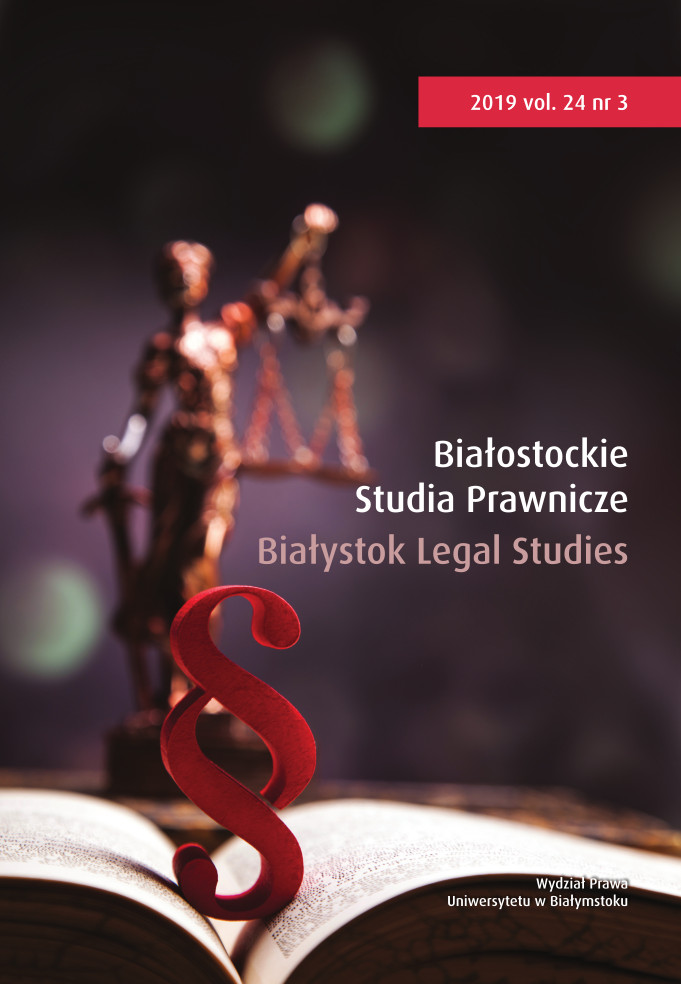Legal and Axiological Aspects of Participatory Budgeting Procedure in Poland and the Czech Republic
Abstrakt
The aim of the paper is to analyse the impact of participatory budgeting (PB) principles and procedures on public values. PB means a year-long decision-making process through which citizensnegotiate among themselves and with local government officials, generally in organized meetings, and then vote over the allocation of local spending. We hypothesis that PB legal principles and procedures are not axiologically neutral but they do have a positive or negative influence on public values. We base our analysis on the case of two cities, taking the criterion of their similarity regarding ranking position in terms of the number of inhabitants and the percentage of the city budget allocated for the participatory budget, i.e. Kraków (Poland) and Brno (Czech Republic). For the analysis we use the category of nodal public values comprising: human dignity, sustainability, citizen involvement, openness, confidentiality, compromise, integrity, and robustness. Our research has confirmed that the PB principle and procedures are not axiologically neutral but sometimes they have positive and sometimes negative influence on public values. That will allow, in the next step of research, to determine the legal regulations that would strengthen particular public values via the PB procedure and, by this means, to enhance accountability for the spending of local funds.Bibliografia
Allegretti G., Paying Attention To The Participants’ Perceptions in Order to Trigger a Virtuous Circle, (in:) Hope For Democracy - 25 Years of Participatory Budgeting, São Brás de Alportel 2014.
Bohman J., The Coming of Age of Deliberative Democracy, “Journal of Political Philosophy” 1998, vol. 6, no. 4.
De Tocqueville A., Democracy in America, Indianapolis 2010.
Grzybek G., Etyka rozwoju a wychowanie, Rzeszów 2010.
Guy M.E., Ethical Decisions Making in Everyday Work Situations, Westport 1990.
Huberts L., The Integrity of Governance: What it is, What we Know, What is Done, and Where to go, Hampshire 2014.
Jensen C., Meckling W.H., Theory of the firm: Managerial behavior, agency costs and ownership structure, “Journal of Financial Economics” 1976, vol. 4, no. 3.
Jørgensen T.B., Bozeman T., The Public Values Universe: An Inventory, “Administration & Society” 2007, vol. 39, no. 3.
Kooiman J., Participatory Governance, (in:) J. Grote, B. Gbikpi (eds.), Governance. A Social-Political Perspective, Opladen 2002.
Miller G.J., Whitford, A.B., The Principal’s Moral Hazard: Constraints on the Use of Incentives in Hierarchy, “Journal Of Public Administration Research And Theory” 2006, vol. 17, no. 2.
Pateman C., Participation, and Democratic Theory, Cambridge 1970.
Robinson J., Tinker J., Reconciling Ecological, Economic and Social Imperatives: A New Conceptual Framework, (in:) T. Schrecker, Surviving Globalism: The Social and Economic Challenges, New York 1997.
Rossmann D., Shanahan E.A., Defining and Achieving Normative Democratic Values in Participatory Budgeting Processes, “Public Administration Review” 2012, vol. 72, no. 1.
Saward M., Terms of Democracy, Cambridge 1998.
Sintomer Y., Röcke A., Herzberg C., Participatory Budgeting in Europe. Democracy and Public Governance, New York 2016.
Thompson D.F., Democratic Secrecy, “Political Science Quarterly” 1999, vol. 114, no. 2.
Wampler B., When Does Participatory Democracy Deepen the Quality of Democracy, “Comparative Politics” 2008, vol. 41, no. 1.
Yang K., Pandey S.K., Further Dissecting the Black Box of Citizen Participation: When Does Citizen Involvement Lead to Good Outcomes?, “Public Administration Review” 2011, vol. 67, no. 2.
Zawadzka-Pąk U.K., Lotko E., Participatory Budgeting under the Pressure of Fiscal Austerity in three Polish Cities, (in:) D. Šramková, M. Janovec, J. Valdhans (eds.), Stabilita a stabilizace
podnikatelského prostředí, Brno 2018.
Zawadzka-Pąk U.K., Ochrona dobra wspólnego poprzez budżet partycypacyjny (obywatelski). Studium aksjologiczno-prawne, Białystok 2019.



